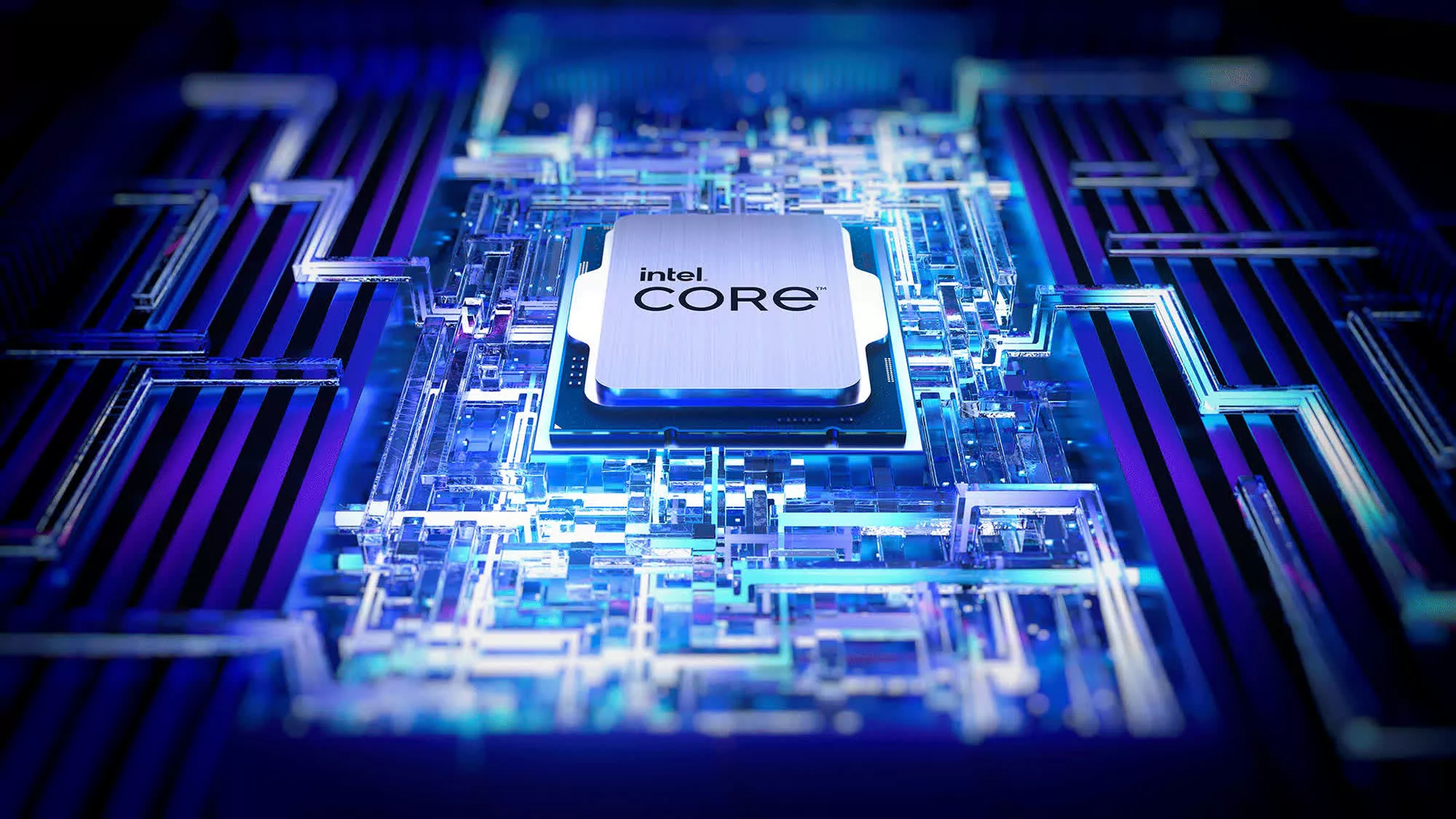Tech News
Intel (hopefully) concludes Raptor Lake instability saga with a final microcode update

The big picture:
The big picture: Intel has finally identified all the underlying culprits behind the instability issues plaguing its 13th- and 14th-gen processors. While the company previously recognized the root cause, it did not provide a comprehensive analysis. Now, alongside the results of its lengthy investigation, Intel is also rolling out a second microcode update to hopefully put these issues to bed once and for all.
The root of the problem, as Intel explains, lies in a clock tree circuit within the IA core itself that becomes prone to failure when subjected to high voltage and temperature conditions. This failure causes a shift in the clock duty cycle, which then manifests as system instability.
Intel zeroed in on four key operating scenarios that were triggering this. First is the motherboard power delivery exceeding Intel’s guidance, providing the chips with too much voltage. The solution for this is applying Intel’s Default Settings, which the company recommended back in June.
There’s also an issue with the eTVB microcode algorithm that allows the CPUs to boost into high-performance states even at high temperatures. The SVID microcode algorithm requesting higher voltages at certain frequencies/durations than the silicon could handle was also singled out as a trigger. The final culprit is the microcode and BIOS requesting elevated voltages during idle/light workloads.
The mitigations are being rolled into a new 0x12B microcode update that encompasses previous 0x125 and 0x129 patches. 0x125 addressed the eTVB algorithm issue, while 0x129 tackled the high voltage requests. 0x12B builds on those by enforcing stricter voltage control during idle and/or light activity periods.
Motherboard makers are now working to integrate 0x12B via upcoming BIOS updates, according to Intel. The rollout could take weeks.
It’s important to note that this microcode can only prevent the Vmin shift instability from occurring and cannot fix CPUs that are already affected by the issue. Those will need to be replaced by Intel under the warranty extension program (let us know if they refuse). Once swapped for a fresh chip, installing the latest microcode update becomes crucial to avoid a repeat situation.
Intel assures that there will be no significant performance impact from the 0x12B patch. The company also reiterated that its mobile CPUs and upcoming Lunar Lake and Arrow Lake desktop parts are unaffected by this flaw.
-

 Destination8 months ago
Destination8 months agoSingapore Airlines CEO set to join board of Air India, BA News, BA
-

 Breaking News10 months ago
Breaking News10 months agoCroatia to reintroduce compulsory military draft as regional tensions soar
-

 Gadgets3 months ago
Gadgets3 months agoSupernatural Season 16 Revival News, Cast, Plot and Release Date
-

 Tech News12 months ago
Tech News12 months agoBangladeshi police agents accused of selling citizens’ personal information on Telegram
-

 Productivity11 months ago
Productivity11 months agoHow Your Contact Center Can Become A Customer Engagement Center
-

 Gadgets3 weeks ago
Gadgets3 weeks agoFallout Season 2 Potential Release Date, Cast, Plot and News
-

 Breaking News10 months ago
Breaking News10 months agoBangladesh crisis: Refaat Ahmed sworn in as Bangladesh’s new chief justice
-

 Toys12 months ago
Toys12 months ago15 of the Best Trike & Tricycles Mums Recommend























